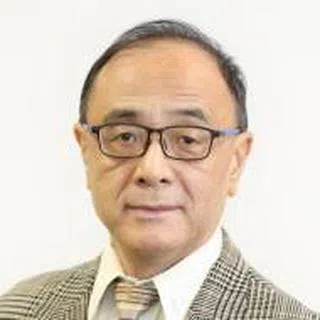US tech leaders leading post-capitalist trend: Is China ready?
In examining how leading global tech leaders are dealing with the issue of intellectual property rights, EAI senior research fellow Lance Gore notes that they are moving away from strongly protecting IPRs to adopting an open source philosophy about knowledge and prioritising technological innovation. He says China needs to be mindful of this post-capitalist trend in the ongoing technological revolution in order to stay relevant.
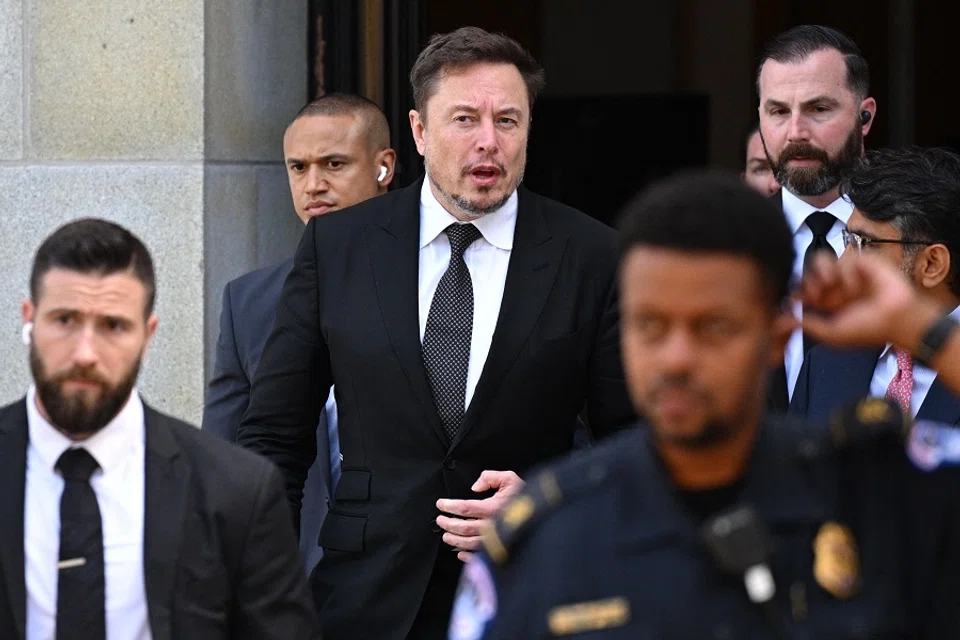
In China, the optimism of ten years ago associated with the slogans "the East is rising and the West is declining" (东升西降) and "the view here is the best" (风景这边独好) has waned. The huge social and economic difficulties, and deteriorating external environment faced by China seem to indicate that its "systemic advantages" are not so reliable.
The established capitalist nations seem to have the expertise to deal more deftly with similar problems including stock crashes, unemployment, debt, market weakness and real estate bubbles, even if they are only tackling the symptoms and not the root causes.
This suggests that China can no longer solve these problems with conventional means. A change of mindset and a new paradigm may be necessary for solutions.
Problems of capitalism
Capitalism's original sin is persistent poverty in abundant wealth. The 2022 per capita GDP of the US was about US$70,000, yet in the same year, 44 million people, including one in five children, lived in food insecure households. In China's case, its 2022 per capita GDP was about US$12,500, but 600 million people had a monthly income of only about 1,000 RMB (US$139), resulting in insufficient effective demand and excess productive capacity.
The concurrent existence of poverty and excess is capitalism's typical fundamental contradiction, according to Marx. Utilising the excess capacity would eradicate hunger and create a middle-class life for all. However, the capitalist market rules forbid this.
New technological revolutions, especially fast-paced capitalism-driven AI development, can aggravate the basic contradictions of capitalism and are also propelling the world towards post-capitalism.
... investment opportunities and returns are increasingly in the hands of a few individuals, projects or companies.
Intellectual property rights enemy of knowledge economy
More than 80% of the value of S&P 500 companies are currently in intangible assets which include patents, corporate culture, intangible knowledge, and human and social capital, contrary to that in the industrial economy of the 1970s.
However, the knowledge economy still operates within the old capitalist system, resulting in a winner-takes-all scenario where investment opportunities and returns are increasingly in the hands of a few individuals, projects or companies.
Consequently, the widening rich-poor gap and the deteriorating social justice can trigger social upheaval, which is one of the main causes of "changes not seen in a century".
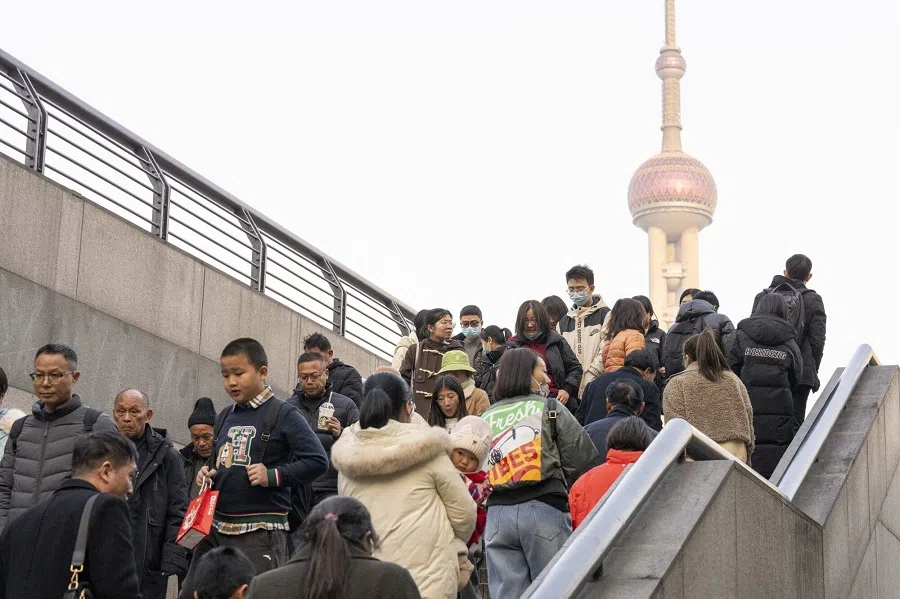
Ironically, intellectual property rights (IPRs) are also the enemy of the knowledge economy. The ways they hinder productivity include the pervasive coverage and over-protection of IPRs that have increased business costs and undermined public welfare. Examples are IPRs extending to nature and humankind, including patents for human genes as well as bioengineering that renders seeds non-productive so that farmers have to pay exorbitant prices every year for seeds from seed companies.
By acquiring new technologies and high-tech start-ups that potentially threaten them, large corporations and conglomerates deprive society of many potential benefits, choices and development pathways. Elon Musk has called copyright "a plague on humanity".
IPRs becoming obsolete
However, the knowledge economy is transforming the conditions that support the capitalist mode of production.
First, new knowledge can be repeatedly utilised at near-zero marginal costs.
Second, knowledge products bring about widespread positive externalities, often unaccounted for in traditional GDP.
Third, the exponential growth of the knowledge economy adheres to Moore's Law.
Fourth, contrary to the law of diminishing marginal benefits in traditional economics, knowledge products possess increasing marginal benefits.
Although Peter Drucker (the father of management) realised early on that the post-capitalist era would arrive when knowledge became the most important form of capital, the systemic changes he anticipated did not go beyond capitalism.
With the rapid pace of technological revolutions, legal clarity is not always important because IPRs often become obsolete even before they are clearly defined.

Property rights are a key pillar of capitalist ideology, with clear and secure ownership that is the prerequisite for market exchange. Unclear or insecure property rights will cause market failure and hinder economic development. Historically, property rights are progressive and continue to be relevant today, albeit being distorted in the knowledge economy.
The distinguishing features of IPRs are the difficulty to define and quantify them, and the variability of their functions. In the knowledge economy, property rights are often vague and frequently violated, with unpredictable outcomes.
With the rapid pace of technological revolutions, legal clarity is not always important because IPRs often become obsolete even before they are clearly defined. Many businesses adhere to the motto that it is "better to seek forgiveness than permission", and this ambiguity has not prevented Uber and Airbnb from entering new markets.
Musk believes that patents are for the weak, and had announced in 2014 to publicly disclose all of Tesla Motors' patents and programme source codes. Overnight, the maverick electric vehicle company became a purveyor of the idea of open-source.
When asked by a reporter whether SpaceX had patented its rocket engine, Musk was stumped and said that he had never cared about such matters. SpaceX has also made its drawings publicly available so that anyone can search online information about the Raptor rocket engine and others.
Very soon after acquiring Twitter, Musk released parts of its source code. This is because in the post-capitalist era, IPRs may not be a competitive advantage but instead hinder development and productivity.
New paradigm of competition
New forms of economy, such as crowdfunding, tenders, auctions, competitions for solutions, maker culture, DIY movements and online platform cooperatives feature post-capitalist characteristics. Musk and a number of leading entrepreneurs have chosen to manage their trade secrets instead of engaging in IPR protection.
... "as long as they are going to steal it, we want them to steal ours"... - Bill Gates
The most successful companies today are deft in rights engineering, that is value creation by managing the rights of their products and services. They tolerate theft, relinquish IPRs and preserve the ambiguity of IPR.
In 1998, Bill Gates said in response to the massive software piracy of Windows in China, that "as long as they are going to steal it, we want them to steal ours", and figure out later how to derive a revenue stream after the users have fully accustomed to it. Currently, China accounts for 10% of Microsoft's US$125 billion annual revenue.
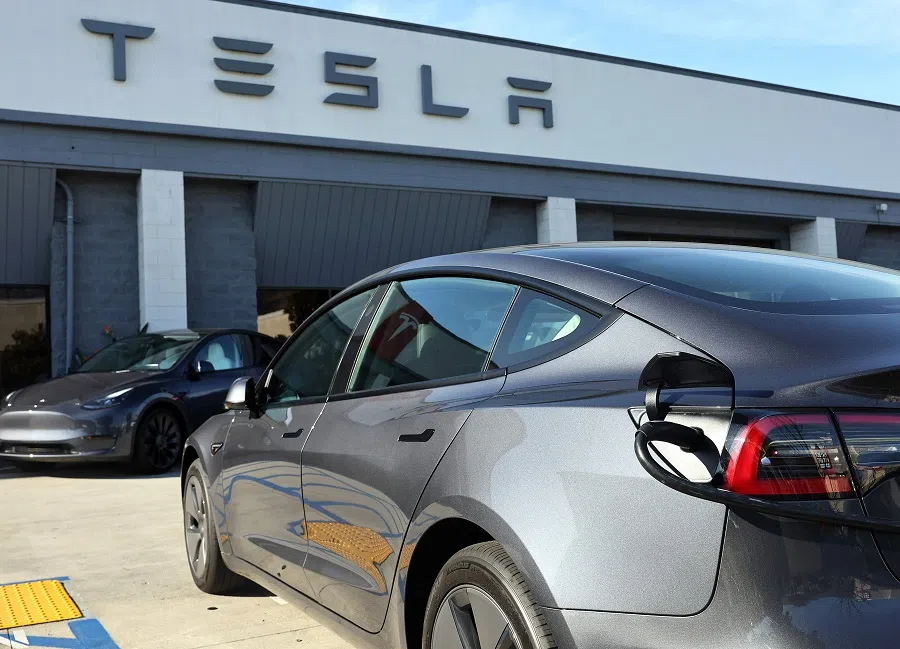
Competitive advantage within the rapidly developing information industry is shifting from patents to the talents behind IPRs. Musk has said that "technology leadership is not defined by patents, which history has repeatedly shown to be small protection indeed against a determined competitor".
In a 2014 memo to Tesla employees, he said that to succeed his company must "attract and motivate the world's most talented engineers", instead of relying on patents. The first-mover advantage is the primary means to win in the competition between the talented.
The open source philosophy
Another competitive strategy is open source crowdfunding, which is based on what economists term "network externalities".
A maxim of online open source communities is that "information wants to be free". In contrast to exclusive patent hoarding, the culture of these communities or platforms centres on openness, sharing, mutual help and collaboration.
Making patents public reduces business costs by eliminating licenses or licensing fees.
IBM has solved many problems on the Linux open source platform and has even contributed US$1 billion in engineering services to support the development of free platforms. Musk sees his decision to make the Twitter algorithm public as an effort to improve it by enlisting the help of volunteers. "We believe that applying the open source philosophy to our patents will strengthen rather than diminish Tesla's position in this regard," he says.
With increasing marginal returns, quantity is king.
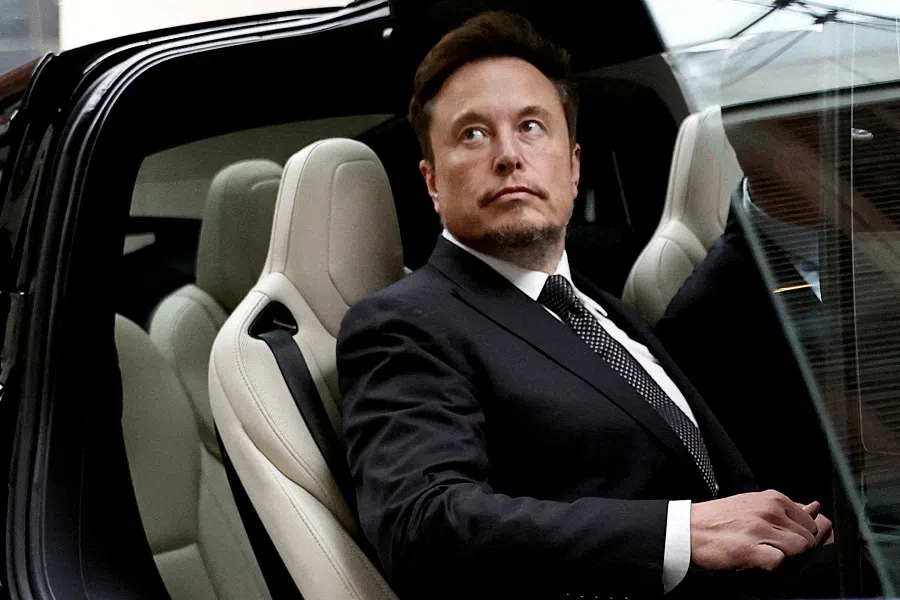
Making patents public reduces business costs by eliminating licenses or licensing fees. Staying out of the game of patents also reduces legal costs in safeguarding against infringements and claims.
Prioritising technological innovation
In the post-capitalist era, production is public and capitalists' endeavours often go beyond their companies to address problems of the nation, the poor, the world and humanity. While Gates primarily uses his foundation and personal influence to pursue public good, Musk does so at the corporate level.
To Musk, patents are "generally used as a blocking technique" to prevent others from innovating, like landmines in war. He says that "if we clear a path to the creation of compelling electric vehicles, but then lay intellectual property landmines behind us to inhibit others, we are acting in a manner contrary to that goal".
Tesla's legal webpage pledges that the company "will not initiate patent lawsuits against anyone who, in good faith, wants to use its technology". He has also said, "I do not mind Tesla getting into bankruptcy if somebody else comes up with a better car". This is because technological innovation is of utmost importance, and humans can achieve anything with technological convergence.
An important reason why the US is a technologically advanced and innovative nation is the government's investments in shared technology.
IPRs in China's case
The management of IPRs at the enterprise level is a far cry from that at the national level. The "new 'whole nation' system" (新举国体制) proposed by the Communist Party of China is "new" because it is mainly coordinated by market forces.
However, concentrating resources and capabilities to accomplish major projects, and maximising talents, knowledge, technologies, inventions and creations often requires transcending the limitations of IPRs and coordination above and beyond enterprises. These require steering clear of the negative effects of property rights, patents and copyrights.
An important reason why the US is a technologically advanced and innovative nation is the government's investments in shared technology. Some of the core technologies of the fourth industrial revolution, such as computers, the internet, the Global Positioning System, new energy, the touchscreen technology, the Human Genome Project, aerospace and the Silicon Valley model, are the products of R&D financed or led by US government agencies. Because the government spends taxpayers' money, the results must be shared with the public.
China's government has done a good job, especially in consciously enhancing the spillover effects of infrastructure building. It is also the role of the government to create the conditions for "talents" to emerge and succeed.
China is unable to extricate itself from its current difficulties because it follows the conventional capitalist approach.
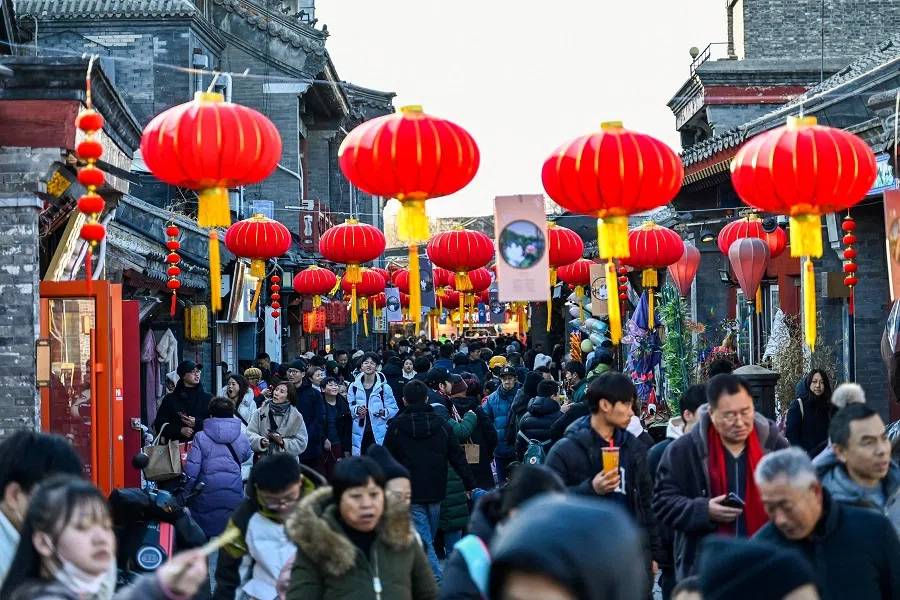
The "new 'whole nation' system" should have these as its important or even its core elements, which are innovations in socialism, instead of continuing to be blindly led by capitalist ideology and belatedly becoming Adam Smith's true believers at the dawning of post-capitalism.
China is unable to extricate itself from its current difficulties because it follows the conventional capitalist approach. By following the footsteps of developed capitalist nations that are unable to solve similar problems and difficulties, China will also be unable to find a way out.
To unleash the advantages of the country's system, it is critical for China to change the paradigm and disengage from the old, ineffective mindset, so that it can lead the post-capitalist trend in the ongoing technological revolution.
This article was first published in Lianhe Zaobao as "克服中国困难需新思路新范式".
